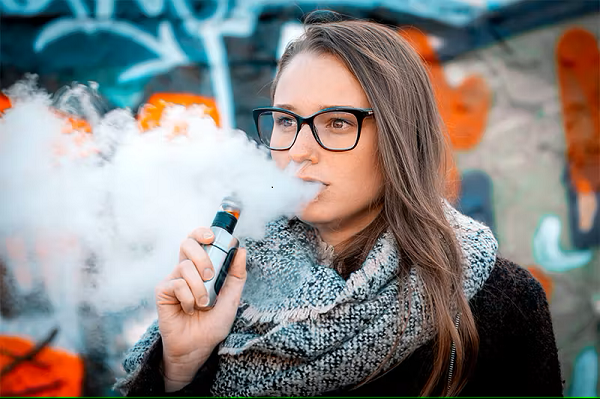| Section | Link to Section |
|---|---|
| R.J. Reynolds | R.J. Reynolds and Altria Seek To Destroy The Competition. |
| Big Tobacco Firms | Please Give The Big Tobacco Firms Back Their Market Share. |
A federal complaint was filed today by Altria Vape subsidiary NJOY against 34 producers, distributors, and retailers of disposable vaporizers, which NJOY claims are being sold illegally in California and other states.
Breeze, Elf Bar, Esco Bar, Flum, Juice Box, Lava Plus, Loon, Lost Mary, Mr. Fog, and Puff Bar are among the brands that are the subject of the case. A national injunction to stop the import and sale of the specified disposable vapes is requested in the action, which was filed in the U.S. District Court for the Central District of California. NJOY is also seeking compensatory and punitive damages.
NJOY issues a warning, stating that it "will consider further litigation activity" and may include more defendants in the case.
Formerly a tenacious independent business that prevailed in an FDA lawsuit, NJOY is currently a division of tobacco giant Altria Group, which produces the popular Marlboro brand of cigarettes. Two of the six FDA-approved vaping devices that are currently on the market are made by NJOY. Altria quickly sold its 35 percent stake in Juul Labs and paid $2.75 billion for NJOY earlier this year.
R.J. Reynolds and Altria Seek To Destroy The Competition.
The International Trade Commission (ITC) received a complaint from R.J. Reynolds, the producer of Vuse, accusing almost the same set of businesses of importing illegal disposable vapes. This case was filed a few days ago. It is hard to imagine that there was no coordination behind the two complimentary legal attacks on disposables that occurred less than a week apart.
California banned in-store sales of tobacco and flavored vapor products last year; NJOY and Altria accuse the distributors and producers of selling flavored products in the state. The lawsuit also claims that the FDA is responsible for enforcing federal law violations with the disposable items.
The case has the potential to pull the disposable vape industry completely underground, turning what is currently a legal retail store-based, tax-paid gray market into an unreported, illegal black market. This is in addition to pressure from tobacco control groups and FDA enforcement. If that occurs, there would be no age limitations or product control, and both private citizens and criminal organizations would be able to sell nicotine vaping items both in-person and online.
Please Give The Big Tobacco Firms Back Their Market Share.
Similar to R.J. Reynolds, the company that makes Vuse e-cigarettes, Altria's primary business is the production of cigarettes. Should they be successful in purging the market of the disposable vapes that have become so popular recently, the tobacco corporations stand to gain from both new and returning customers for Vuse and NJOY as well as Newport, Camel, and Marlboro.
Altria executive vice president Murray Garnick stated in a press release that "these companies need to be held accountable because they knowingly violate federal and state laws." "There are two markets today: one for people who follow the rules and one for people who blatantly break them."
Altria, of course, wrote those regulations. The Tobacco Control Act, which was signed into law in 2009, was drafted by attorneys from Altria (formerly known as Philip Morris), in cooperation with members of Congress and President Matthew Myers of the Campaign for Tobacco-Free Kids. Altria took advantage of the situation to create a regulatory framework that benefited big business and cigarettes. This framework would eventually be used to intimidate and dissuade producers of low-risk nicotine products who may challenge R.J. Reynolds and Altria, the two major American tobacco businesses.
The Act established the FDA Center for Tobacco Products and granted the FDA regulatory power over tobacco products, enabling cigarette firms to maintain their monopoly. The Tobacco Control Act grandfathered in all currently available tobacco products, including cigarettes, into the market without review and established the premarket tobacco application (PMTA) procedure, which the agency utilized to keep tiny vaping companies out of the nicotine market.
Since then, the FDA has imposed restrictions on independent vape makers by using its power. The government has approved no bottled e-liquid or product in any flavor other than tobacco. The manufacturers of the six vaping devices that the FDA has approved thus far include Japan Tobacco (Logic), Reynolds (Vuse), and Altria (NJOY).






